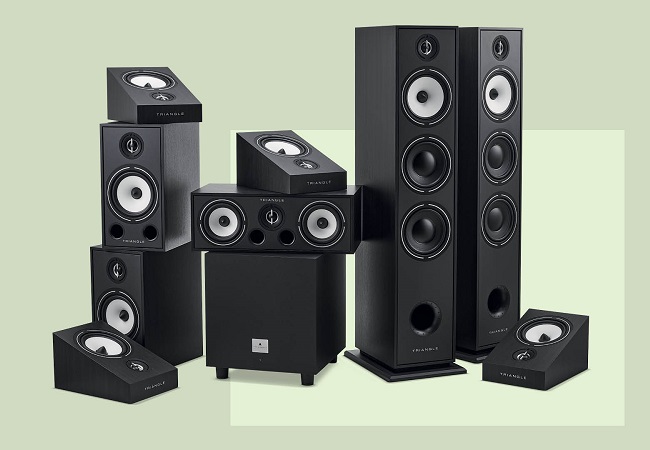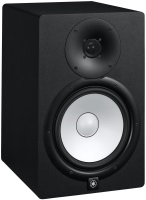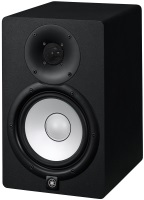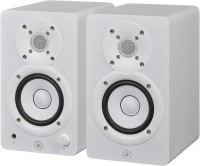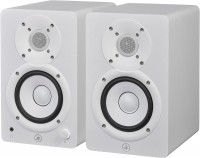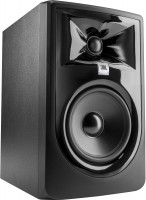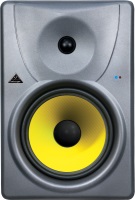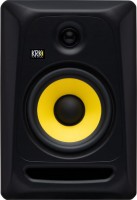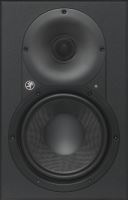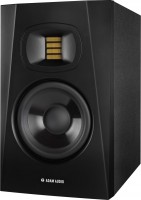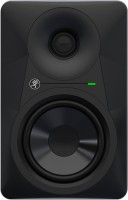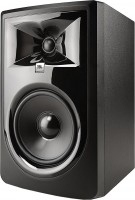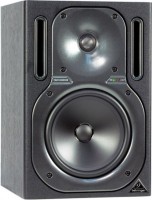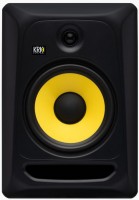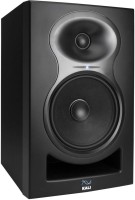Yamaha HS-5
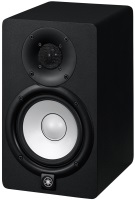 |
Yamaha HS-5 | |||||||||||||||||||||||||||||||||||||||||||||||||||||||||||||||||||
|
| ||||||||||||||||||||||||||||||||||||||||||||||||||||||||||||||||||
Always clarify the specifications and configuration of the product with the online store manager before purchasing.
Catalog Yamaha 2025 - new arrivals, bestsellers, and the most relevant models Yamaha.
Buy Yamaha HS-5
All prices 14 →Yamaha HS5W Active Studio Monitor White ZH63330 | £154.50 | ||||
| £169.00 | |||||
Yamaha HS5 Active Studio Monitor ZC98630 | £152.75 | ||||
Yamaha HS5 Active Studio Monitor Bundle CHS5-CBOM | £337.05 | ||||
Yamaha HS5 Active Studio Monitors (Pair) with Isolation Pads CHS5-PADS | £319.00 | ||||
Yamaha monitor sound
The HS series of monitors from the Japanese manufacturer Yamaha has become a kind of classic among low-cost monitors, and many producers strongly associate classic black speakers with a signature white cone with crystal-honest and dry sound in the spirit of the iconic Yamaha NS-10.
Well-known white diffusers
Let's start with the characteristics. Monitors HS-5 belong to the initial (or rather, the middle-initial) segment and are sold by the piece. Each of them has a built-in amplifier of 70 watts: 45 watts feed the woofer, the remaining 25 watts remain on the tweeter. Frequency characteristics are played in the range from 74 to 24,000 Hz. The phase inverter is brought to the back side, so it is undesirable to install them near the wall. Since monitors came out back in 2014, before the boom in home studio acoustics, the list of additional features is limited to a couple of simple high-pass and low-pass filters that will help to better fit the acoustics into the room.
Analytical character
The entire HS series delivers smooth, clean, accurate, and as portable as possible. The upper frequencies are well developed here, the mid frequencies sound detailed and without dips, and the low frequencies do not have pronounced parasitic overtones and resonances (thanks to the successful phase inverter). The character of the Yamaha HS-5 is restrained and, one might say, neutral. The sound has no colour at all, the bass is not twisted, and the stage was not artificially stretched. And this is the most controversial moment, for which they are either loved with all their hearts, or just as much hated. This sound comes in handy when you need to quickly catch all the bumps and roughness of the mix. If the composition sounds cool on them, then it will sound good on other speakers. But directly during recording, production or listening to music, this dryness can quickly tyre the ears, which is why the arrangement recorded an hour ago will seem boring and lifeless. If you look in their direction, then take the “listen before you buy” rule with triple seriousness.
- Treble level control (±2dB)
- Level control below 500 Hz (0, -2, -4 dB)

